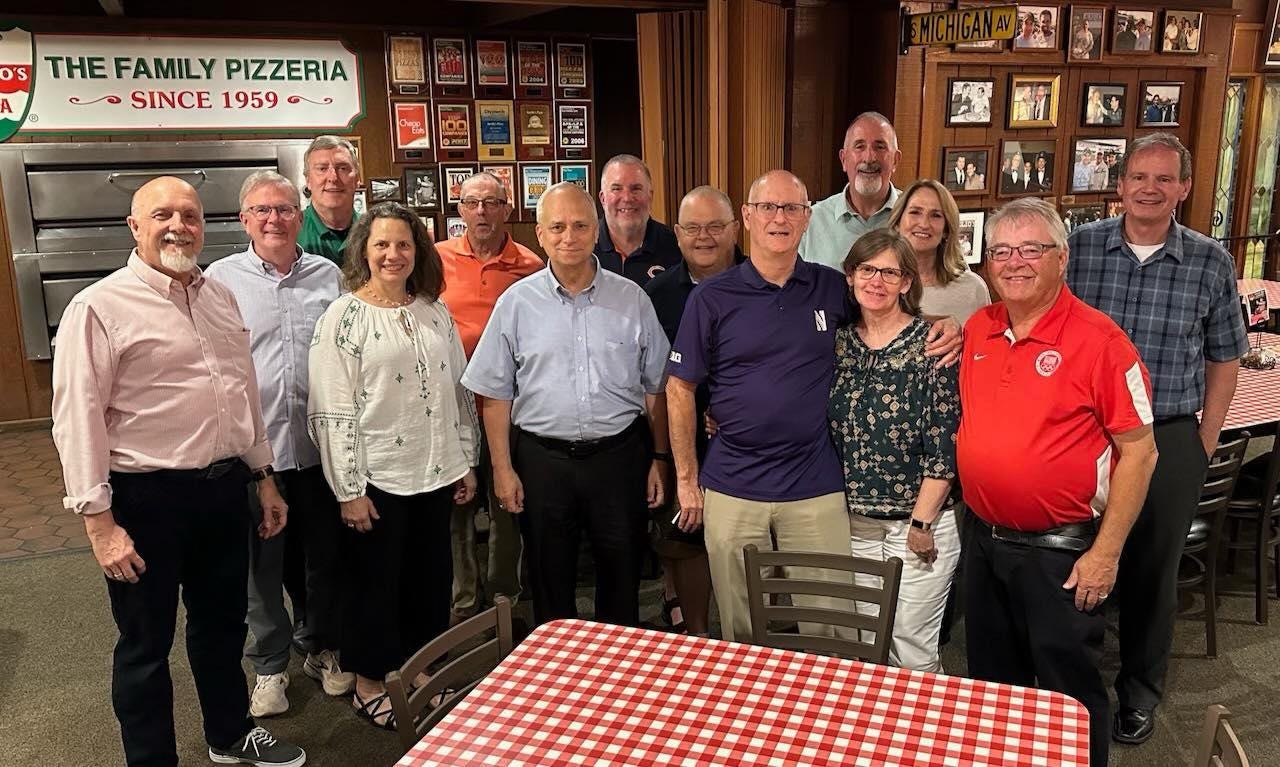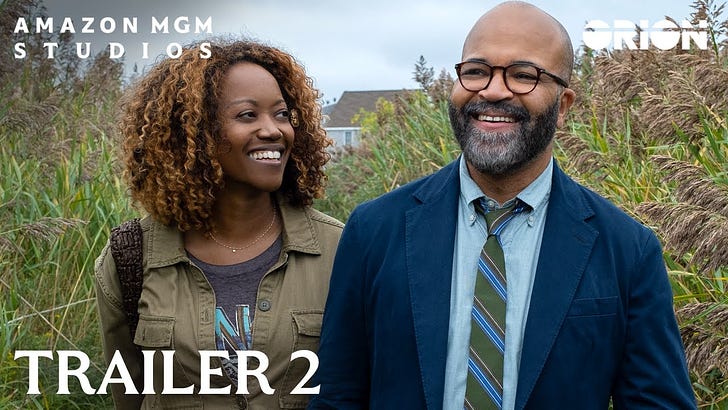
Until he was seven, my husband lived in Dolton, Illinois, pronounced Dalton and the same hometown as Pope Leo XIV. This has led to a lot of excitement in the family, even though my husband’s family and the pope’s family didn’t know each other.
People in the Chicago area wanted to know two things about the pope: what baseball team and what pizza. The answers? White Sox and Aurelio’s Pizza in Homewood, which is legendary among south suburbanites. The other locations are not the same.
But here’s what I find really interesting: the pope’s family is complicated in a way that many families are complicated. His maternal grandparents were from New Orleans and listed as Black in census reports. They may have moved to Chicago in part to make it easier to pass as White. His paternal grandparents seem to have been unmarried (NYTimes gift link), in part due to divorce laws at the time. It seems that both sets of grandparents did what they thought they had to in order to ensure the best future for their children and grandchildren (one of whom became the actual pope!) based on the attitudes of the time.
I suspect that there were whispers and gossip about all of it at the time, with some people outside the Martinez and Prevost families feeling smug and some people inside feeling shame. And yet, someone from this family, with all of its hidden history, became the leader of the world’s 1.4 billion Roman Catholics and a global figure.
At that time, so many families lied and hid relatives who were of another race, who had children out of wedlock, who were gay, who had mental, physical, or intellectual disabilities, who had problems with substance abuse. How much of the energy that went into pretending could have been used for better purposes? Especially because every single family, mine included, had at least a few of these things going on.
Equality is hard. No one is better than us, but also, we are no better than anyone else. This totally flies against the basic Darwinian imperative to figure out a way to be at the top of the heap: climb, drag everyone else down, or both?
I’ve recently been reading a lot about the Let Them theory. The idea is that you don’t worry about what other people are doing; you just Let Them. Cassie Phillips wrote a poem introducing the concept in 2019, which I have read, and Mel Robbins wrote a book about it in 2025, which I have not read but which does not credit Cassie Phillips.
Because I make a living from intellectual property, I am concerned about the possibility of plagiarism. I don’t want to just Let Them get away with it.
Beyond that, Let Them is obvious advice that we all should follow but don’t: if someone else isn’t acting harming someone, it really doesn’t matter what they do. Underdressed at a funeral? Let them. Sharing dopey things on social media? Let them. Taking up two parking spaces? Let them, unless there are no open spaces, than do what you have to.
As long as it doesn’t affect you or lead them to direct harm, let other people do what they want.
I’d like to say that I have always been open and accepting of what other people do, but that’s not really the case. But the older I get, the more I realize that it doesn’t matter much what I think about most things, because most of the things that other people do don’t affect me or the people I love.
The best part? It frees up so much time and energy.
Got any thoughts? Please share in the comments.
ICYMI, here are some past newsletter issues that cover family stuff:









This sentence moves me so much: "And yet, someone from this family, with all of its hidden history, became the leader of the world’s 1.4 billion Roman Catholics and a global figure." Likely because I come from a Catholic family too, with secrets & shame. But also because it directly harkens back to the story of Jesus & his ministry.
I am also subscribing to Let Them without reading or listening to Mel Robbins.